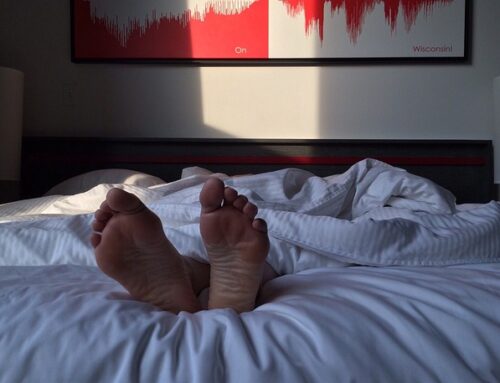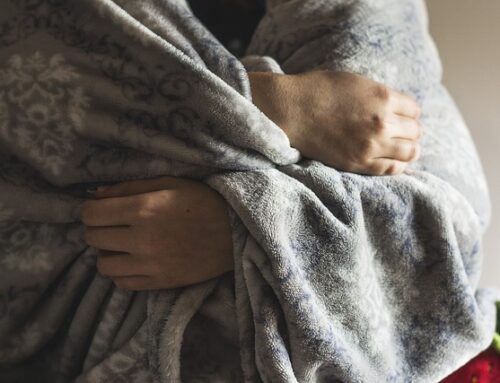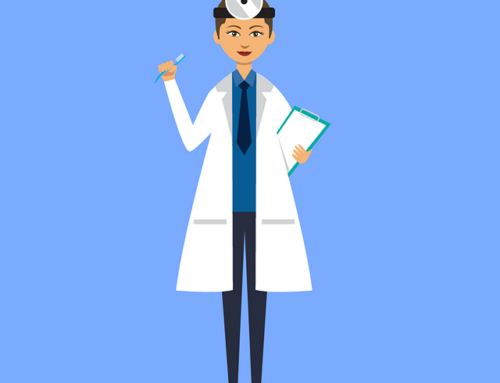After a long day, getting a good night’s sleep should be the least of our patients’ worries. But that isn’t the case for everyone. For patients with attention deficit hyperactivity disorder (ADHD), though, it can be even more difficult to fall asleep and stay asleep. That’s because sleep apnea and other sleep disorders have a significant connection with ADHD.
To make matters worse, sleep problems among patients with ADHD often go undiagnosed with sleep apnea, restless leg syndrome and delayed sleep phase syndrome exacerbating symptoms. And to complicate things even more, sometimes patients might even be misdiagnosed with ADHD when they really have a sleep disorder.
Pay attention to type of sleep problem
Sleep apnea can often mimic ADHD symptoms. This means that sleep apnea can cause inattentiveness and restlessness in those who do not have ADHD. At the same time, sleep apnea can also worsen symptoms in patients who have been diagnosed with ADHD.
Before we dive into some tips to share with your patients, let’s look at primary and behavioral sleep problems. Primary sleep disorders are physical conditions that disrupt sleep. This would include sleep apnea.
For behaviorally based sleep problems, it is linked to ADHD and is common in children who cannot make the transition to bedtime without commotion that ends up disrupting sleep.
Follow these tips to help patients
If the sleep condition is related to behavior, try to encourage your patients to do the following:
- Remove all screens from the bedroom. If they remain, try to turn off all screens at least two hours before bedtime.
- Go to bed at the same time every night.
- Get up at the same time every morning.
- Don’t do work in your bed. Avoid working in your bedroom.
- Exercise regularly.
- Reduce alcohol and caffeine intake.
- Review ADHD medications with their doctor.
- Establish a “winding down” routine before bedtime.
These tips can potentially help patients with ADHD and sleep apnea, but the use of an oral appliance will significantly improve sleep as well. What other tips do you have for your patients that have worked?





